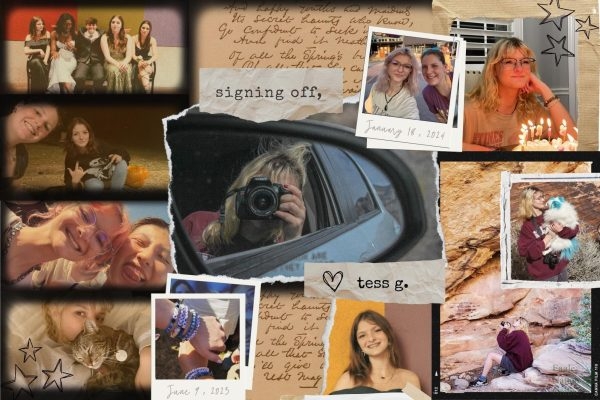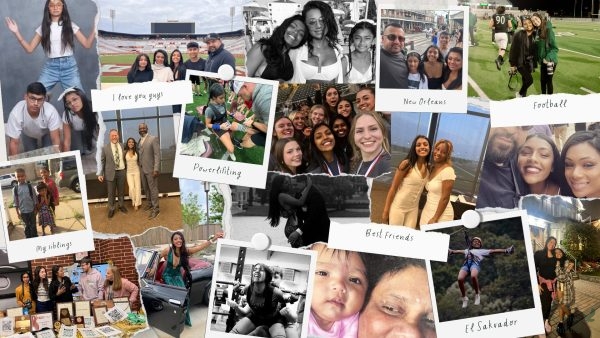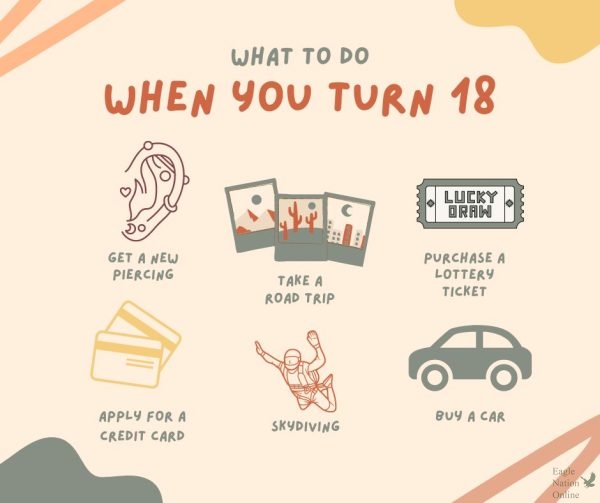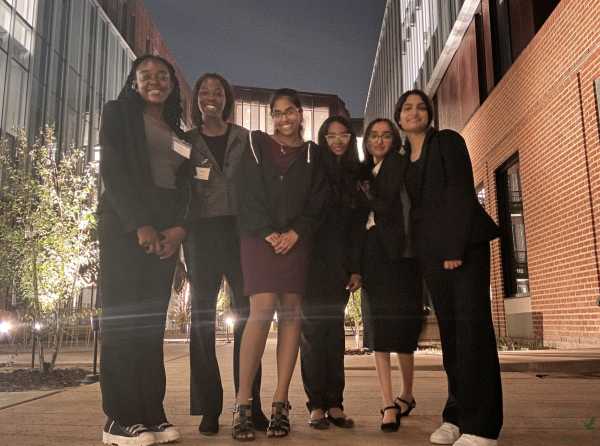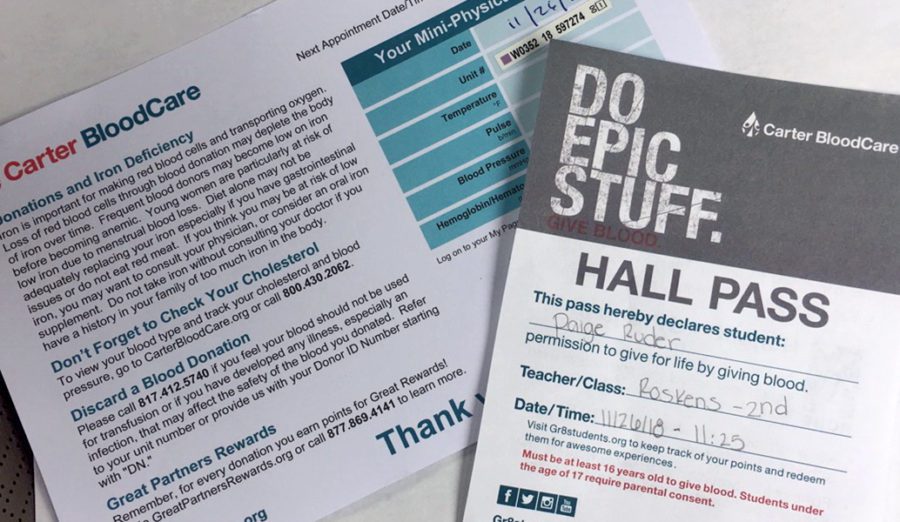Why I Give Blood, Why You Should Too
Senior columnist Paige Ruder’s donation papers cover her desk after she gave blood during the drive that the Health Occupations Student Association sponsored on Monday, Nov. 26. HOSA results show 204 donors gave 226 total units. “It’s estimated that just one donation can potentially save up to three lives,” Ruder said. “That’s 678 lives saved. For perspective, that’s the entire senior class here at Prosper.”
In the midst of the season of giving, the school’s Health Occupations Students Associations hosted yet another one of its bi-annual blood drives on Monday, Nov. 26. To donate, students simply have to be at least 16 years of age and meet the basic health and legal requirements.
I believe that anyone who meets these guidelines should give blood, if not just for the lives you will save, then for the sense of fulfillment you will get afterward.
That’s 678 lives saved. For perspective, that’s the entire senior class here at Prosper.
— Paige Ruder
Donations require no hassle or pain
In an age of medical advancements, topics like eugenics and stem-cell research have people wondering how many rights they really have to the most sacred and private part of them: their own bodies. I believe though that the issue of giving blood is one that pales in comparison. Everyone has a right to their biological property. Nobody should feel pressured to give blood because of moral obligations or peer pressure. However, when giving blood is as simple as giving about an hour of your time and a slight prick in the arm, donating is by no means a hassle or a pain.
More than 200 participate in November blood drive
Just in our school alone, participants gave donations of 171 units of whole blood, 37 units of red blood cells, five units of platelets, one unit of plasma, six units of double platelets, four units of red blood cells and plasma and two units of platelets and plasma. HOSA results show that 204 donors gave 226 total units. That’s huge. According to the Red Cross, one donation can potentially save up to three lives. That’s 678 lives saved. For perspective, that’s the entire senior class at Prosper.
People may feel as if their donation isn’t necessary because their blood type isn’t one of the rare ones – like Type O -. But, think of it this way: the more common the blood type, the greater the supply of that blood is needed. You may think, “well, because my type is so common, if I don’t give, surely someone else with my blood type will.” Yet this diffusion of responsibility can lead to a widespread problem where fewer people end up giving blood because they assume someone else will.
The incentives for giving blood are already in place. I mean, you get free snacks and a pass to miss class – what else is there to want? Now all that is left is for students to show up. I was there, were you?
Your donation will support the student journalists of Prosper High School. Your contribution will allow us to purchase equipment and cover our annual website hosting costs.




